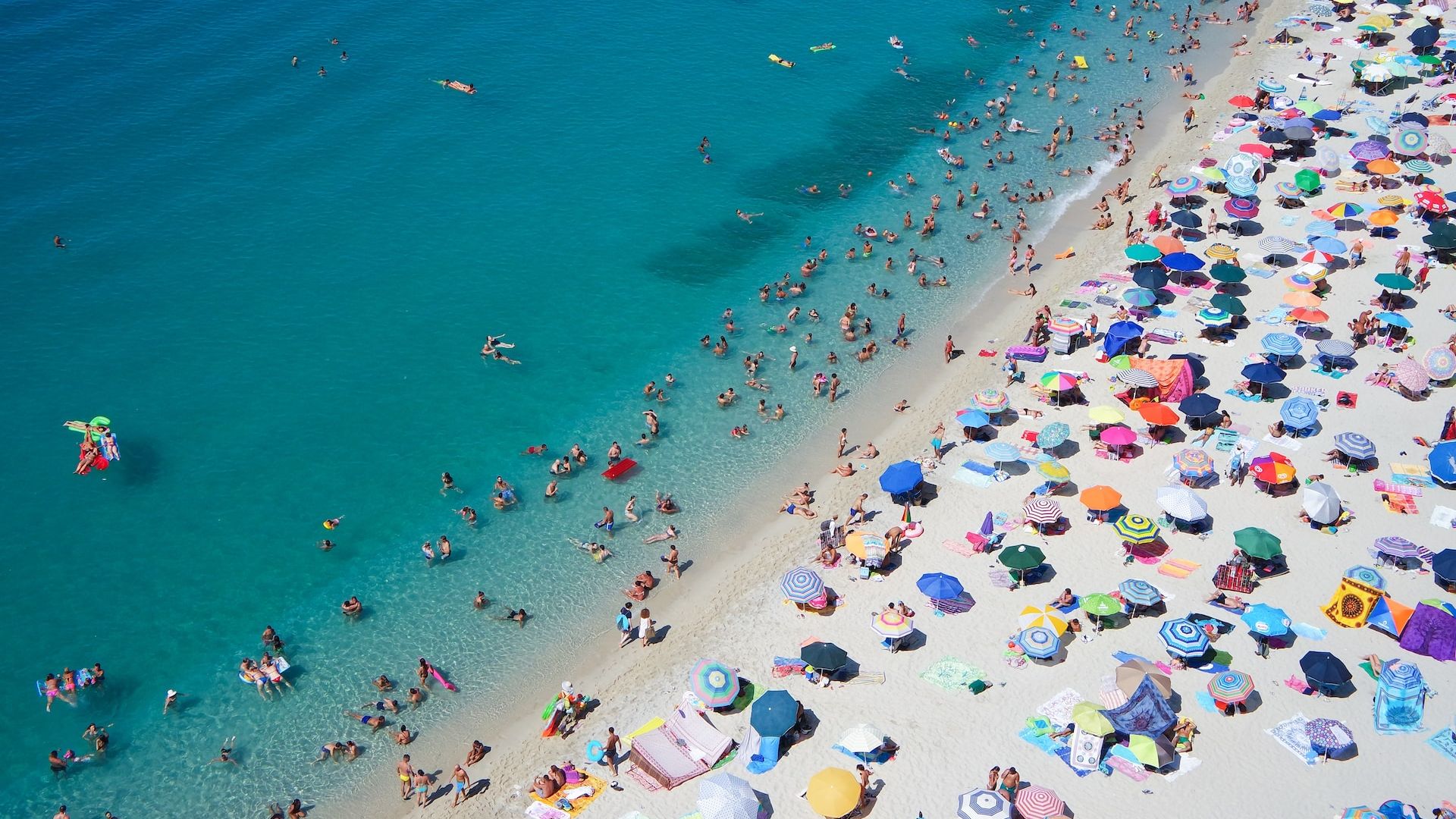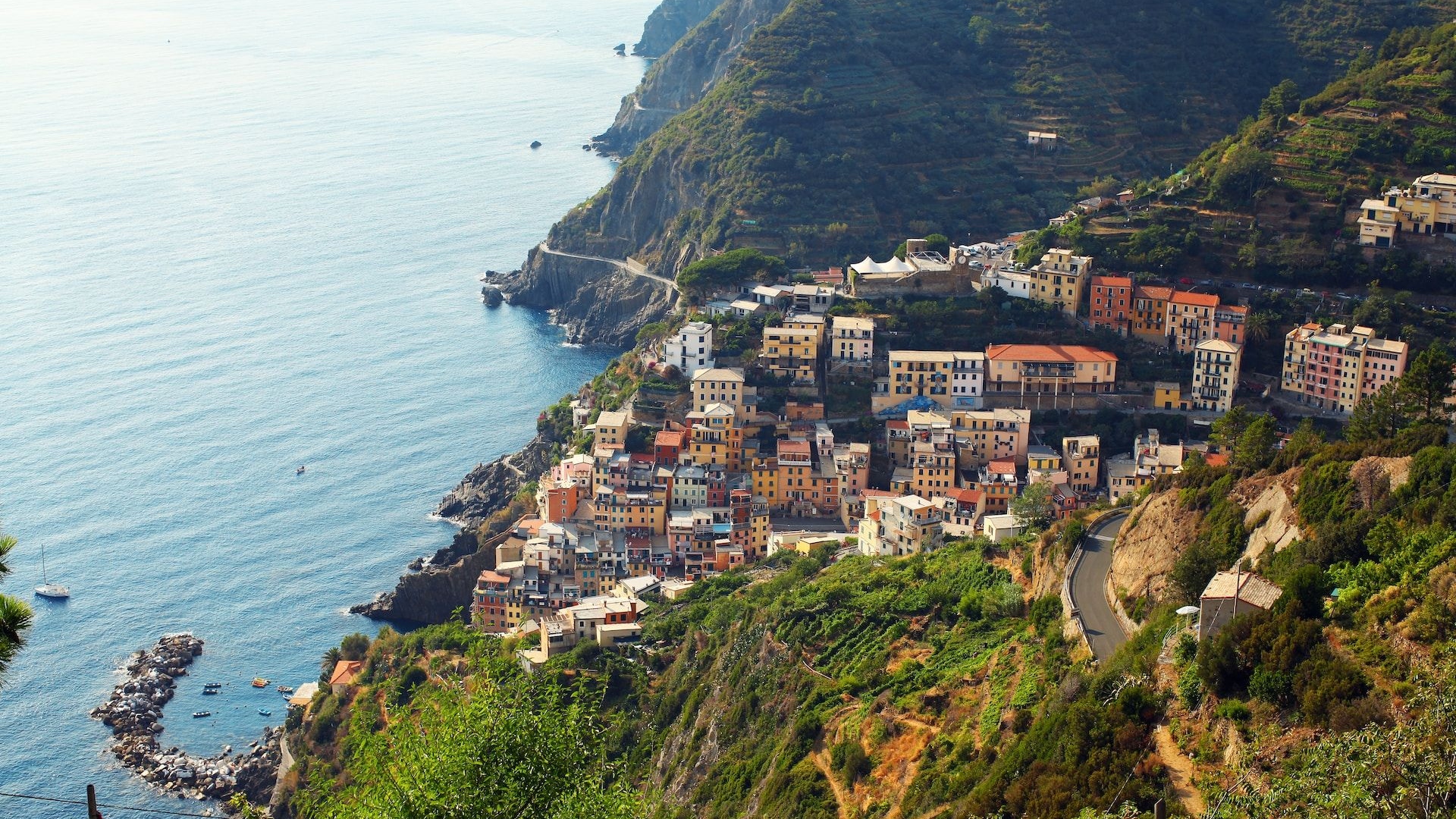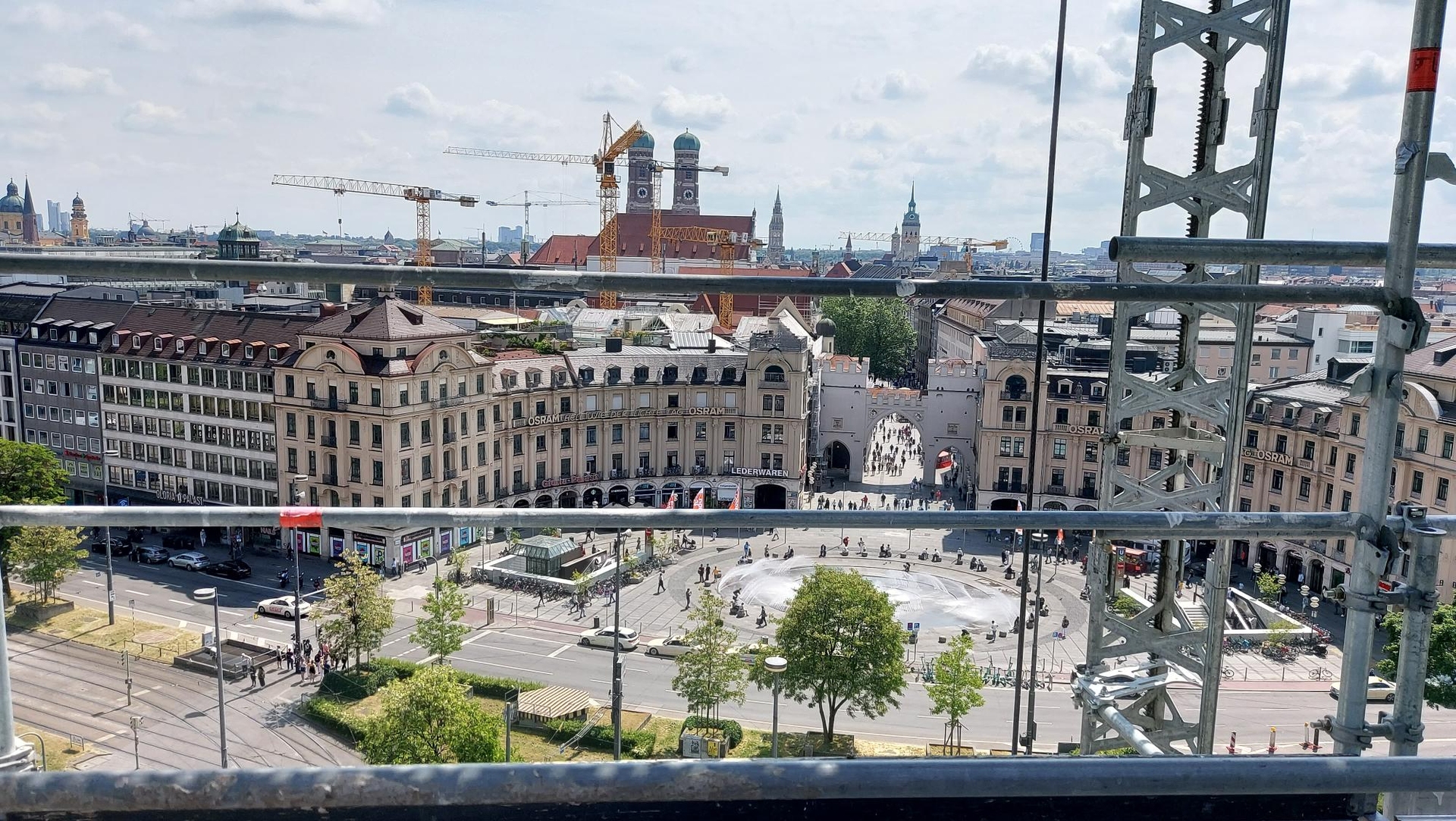
News & Stories
A measly 541 million euros after three quarters: The German hotel investment market is not gaining momentum, especially portfolio deals remain scarce.
Investor TPG is close to completing the sale of its German hostel business A&O.
Numa Group has secured USD 59 million in growth capital under lead investor Verlinvest to expand with its digital hospitality platform.
The German Federal Constitutional Court must now listen to the Cologne-based Dorint Hotel Group: It has achieved a partial legal victory at the Federal Court of Justice in the fight for compensation not fully paid out as a result of the pandemic.
The Uniform System of Accounts for the Lodging Industry (USALI), is undergoing changes in response to new business practices and technological developments, including notably the tracking of ESG-related criteria.
Rising costs and the consumer slump are driving more and more companies in Germany into insolvency. For many companies, moreover, expiring economic support is now boomeranging. The hospitality industry is particularly affected, but large-scale insolvencies are also rising sharply.
A new billion-euro fund: Spanish Azora property investment group plans to raise €1bn in equity capital, to which the same amount in debt will be added.
On one hand, there are growing inflation rates and an absence of core investments. On the other hand, there is an increasing appeal of secondary destinations and resorts, both supporting the skyrocketing recovery of national tourism. The Italian hospitality real estate market looks like a very difficult jigsaw puzzle to solve, even for experts.
The journey into 2023 will continue in difficult waters. Predications that the downward trend could reverse from the middle of the year have since been dismissed by real estate experts. Interest rate hikes and persistent inflation are also a stranglehold for hotels, though as an asset class there are opportunities. We take a look at the state of things before the summer break.
Elon Musk is still the richest person in the world and Frenchwoman Francoise Bettencourt Meyers tops the list of female billionaires. Some also own hotels. Equally interesting is a list of the highest paid hotel CEOs.










